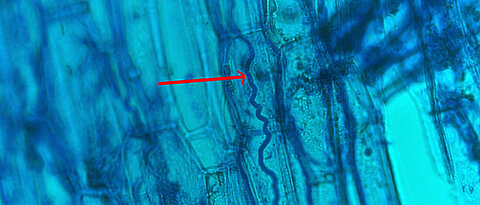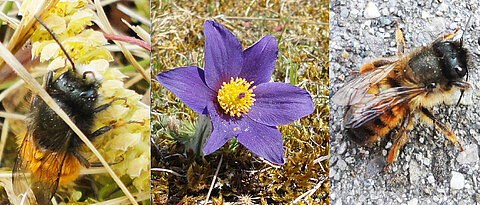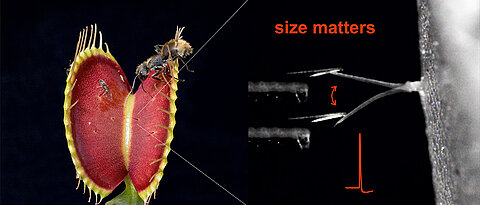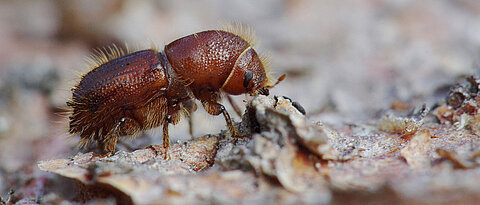
Stories of mass poisoning incidents of livestock due to toxic grasses made headlines especially overseas. Animal ecologists from Würzburg have studied whether this hazard is also lurking on German pastures.
more
Stories of mass poisoning incidents of livestock due to toxic grasses made headlines especially overseas. Animal ecologists from Würzburg have studied whether this hazard is also lurking on German pastures.
more
Plants rely on bees for pollination; bees need plants to supply nectar and pollen. Scientists from the University of Würzburg have studied how climate change affects these mutualistic interactions.
more
Venus flytraps are capable of detecting the movements of even the smallest insects. This mechanism protects the plant against starving from hyperactivity as a new study conducted by scientists from Würzburg and Cambridge reveals.
more
Bark beetles are currently responsible for killing an unprecedented number of trees in forests across Europe and North America. Researchers are therefore urging to step up research into bark beetles – also in view of climate change.
more